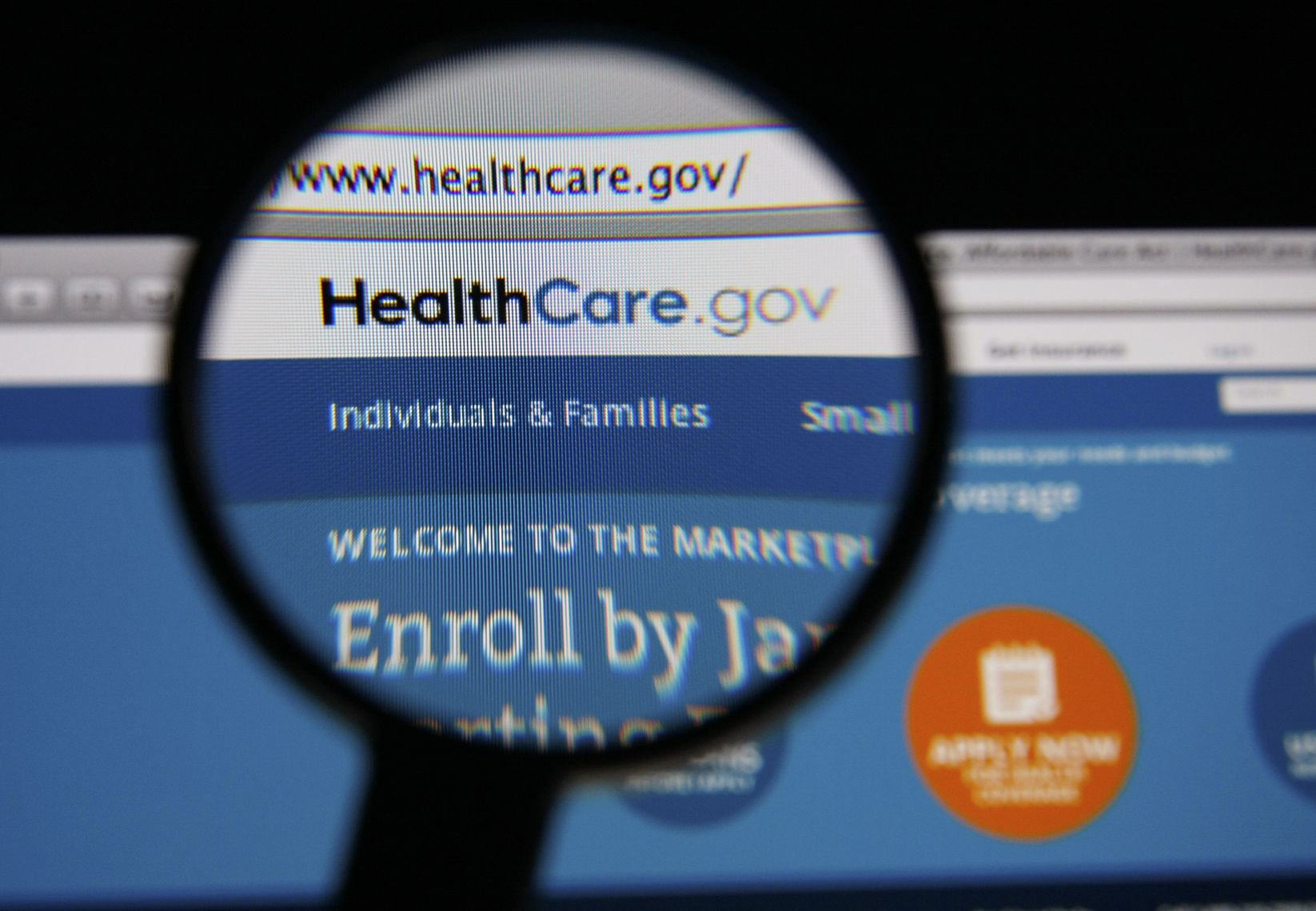More Americans disapprove of Obamacare than approve. In a poll conducted in July by the Kaiser Family Foundation, which supports the goals of Obamacare, 46 percent of respondents disapproved of the Affordable Care Act (ACA), while only 40 percent approved. When the first poll was conducted in April 2010, with Obamacare fresh off the press, 46 percent of the public favored it, while 40 percent opposed. In July 2010 half of respondents voiced support for the law. In the mind of the American public, that was Obamacare’s high-water mark. It has been downhill since then.
Nevertheless, Obamacare’s proponents insist it is going quite well. Remarkably, JAMA, the scholarly peer-reviewed Journal of the American Medical Association, published a favorable piece by President Obama himself. However, Obama acknowledged that price competition and choice in Obamacare exchanges might not have worked out quite as well as advertised. So he proposed a so-called “public option” for regions where few health insurers compete. The public option would look like Medicare: Private insurers would administer it, but taxpayers would bear the risk of beneficiaries’ medical costs.
Hillary Clinton, the Democrats’ presumptive presidential nominee, has also endorsed a public option. This is a throwback to Democratic health reform proposals before Obamacare. During the campaign for the Democratic presidential nomination in 2008, it was Senator Obama who proposed a public option and Senator Clinton who dismissed it as unworkable.
When it came time to legislate health reform in the wake of the Democratic victory, Obama’s public option did not make it into the law. Keep that in mind: when they controlled both houses of Congress and the White House, Democrats agreed the public option was unworkable. Now that Obamacare has creaked along for six years, both the president who signed the law and the candidate he endorses to succeed him insist it is just the thing to fix Obamacare’s most obvious problem: insurers’ dropping out of health insurance exchanges, unable to profit even after increasing premiums by double digits every year.
Recall what most Americans believe to be the most offensive characteristic of Obamacare: the mandate on individuals, as a condition of residing in the United States, to buy health insurance. Health insurers are the only industry which has this privilege. Nevertheless, they have not been able to profit in Obamacare exchanges for two reasons. First, exchanges have attracted a mix of subscribers that was older and sicker than had been expected. So costs have been much higher than insurers had anticipated.
Second, the administration believed it could protect insurers from losses by manipulating certain elements of the law to pay them without congressional appropriation. This turned out not to be the case. After Obamacare’s exchanges started operating in 2014, Republicans took control of Congress and forced the administration to stop paying the insurers. Even today, congressional Republicans are discovering ways in which the administration pays insurers without appropriation, and plugging those holes.
If Hillary Clinton were able to institute a public option, I anticipate it would accelerate insurers’ exit from Obamacare exchanges, making it unlikely that exchanges would ever become profitable, as Medicare Advantage and Medicaid managed-care are. While those programs have bipartisan political support, Republican politicians are fully committed to opposing Obamacare exchanges.
However, a public option administered by the same contractors (subsidiaries of health insurers) which process Medicare claims would be a good business opportunity for insurers. So they should be quite happy to allow Obamacare beneficiaries to shift from risk-bearing plans to a government plan.
Who would bear the risk? Taxpayers and their children, of course! The political charm of a public option is that it could be funded by federal debt at historically low interest rates. Like Medicare’s Hospital “trust fund,” which is on track forbankruptcy in 2028, any public option’s future costs would be far greater than our ability to pay for them. However, both Obama and Clinton will have departed by then. Expect the public option to become the centerpiece of Democrats’ post-Obamacare health reform agenda in this election.








